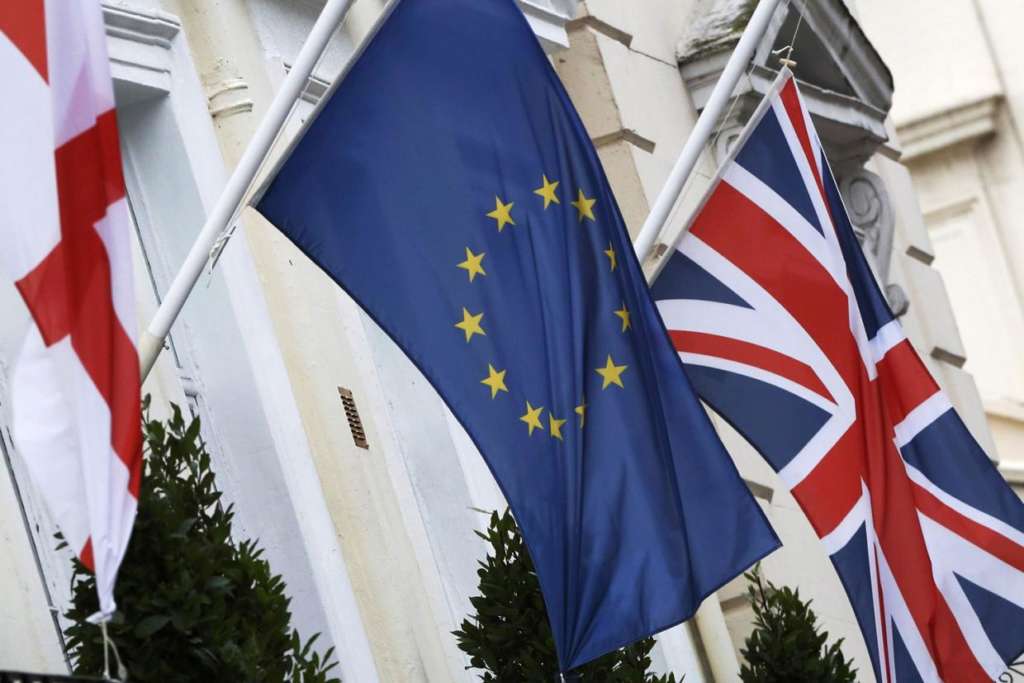The difference between voting for an individual, such as a president, and holding a referendum is that the latter gives citizens the right to vote on major issues.
Most democracies do not hold referendums because they believe that the public is not fully aware of the details of crucial issues; thus is not supposed to take decisions regarding these issues.
This is why indirect democracies exist, where people choose their leaders who decide what’s best on their behalf.
When the rivals of former British Prime Minister Margaret Thatcher confronted her and demanded her to take the people’s opinion regarding tax law, which stirred controversy and ignited protests, she angrily responded that people only vote once and not every day.
This is the case in most countries as they rarely hold referendums unless in cases such as approving a new constitution. Germany only did it twice and so did Britain.
In Switzerland, it’s enough for 50,000 people to sign a petition to demand holding a popular vote or a referendum and the parliament will be obliged to hold either within three months.
Modern democracies intelligently deal with the issue of public opinion as they give people the right to choose the president or the prime minister, but it does not refer to them regarding decisions that directly affect them, such as launching wars and imposing taxes.
This is why politicians compete while making promises; however, they usually don’t keep these promises if they realize that public interest lies in not implementing them.
This is what some think British Prime Minister David Cameron did wrong. He promised his citizens to hold a referendum to decide whether they should remain or exit the EU, and he did so to please his critics.
Perhaps, he shouldn’t have walked this path because the moment he was elected by people, he was commissioned by them. There is no law that makes it mandatory for Cameron to hold a referendum. This is different from Scotland holding a referendum to split from the U.K.
Unlike many countries, referendums in Britain require only a simple majority to make fateful decisions such as exiting the EU.
In many countries, referendums – even though they are very rare – require a decisive majority to become a law. Australia, for example, requires a simple majority, i.e. 51 percent but there is the condition that the majority of states should support the proposed law.
This condition of having both, the majority of votes and the majority of states’ approval, is due to the fact that the majority of people may be in certain populated areas. In some cases, there’s the condition that requires the majority of two thirds.
In Britain, a simple majority decided the country’s fate and practically toppled a system that worked with the European system.
The result may not have been the same if the referendum was held a month ago or a month later as the simple majority changes.
Remaining in or exiting the EU is complicated, and the majority of those who voted do not understand the reality of the case. Those who voted in support of exiting the EU based their stance on the desire to stop the flow of immigrants into the country. However, Britain’s exit will not necessarily stop the flow of illegal immigrants.
Furthermore, there are cultured people in Britain who believe the country should exit the EU out of conviction, but they are a minority. They believe the EU represents an old and bureaucratic system which sets so many laws that obstruct development and cost their country a lot.
Therefore, they think Britain will be better off following its exit, or it will, at least, decide its future and have more freedom to choose the path it sees best.
These are all theories, however, and we cannot know who is wrong and who is right unless after trying.
